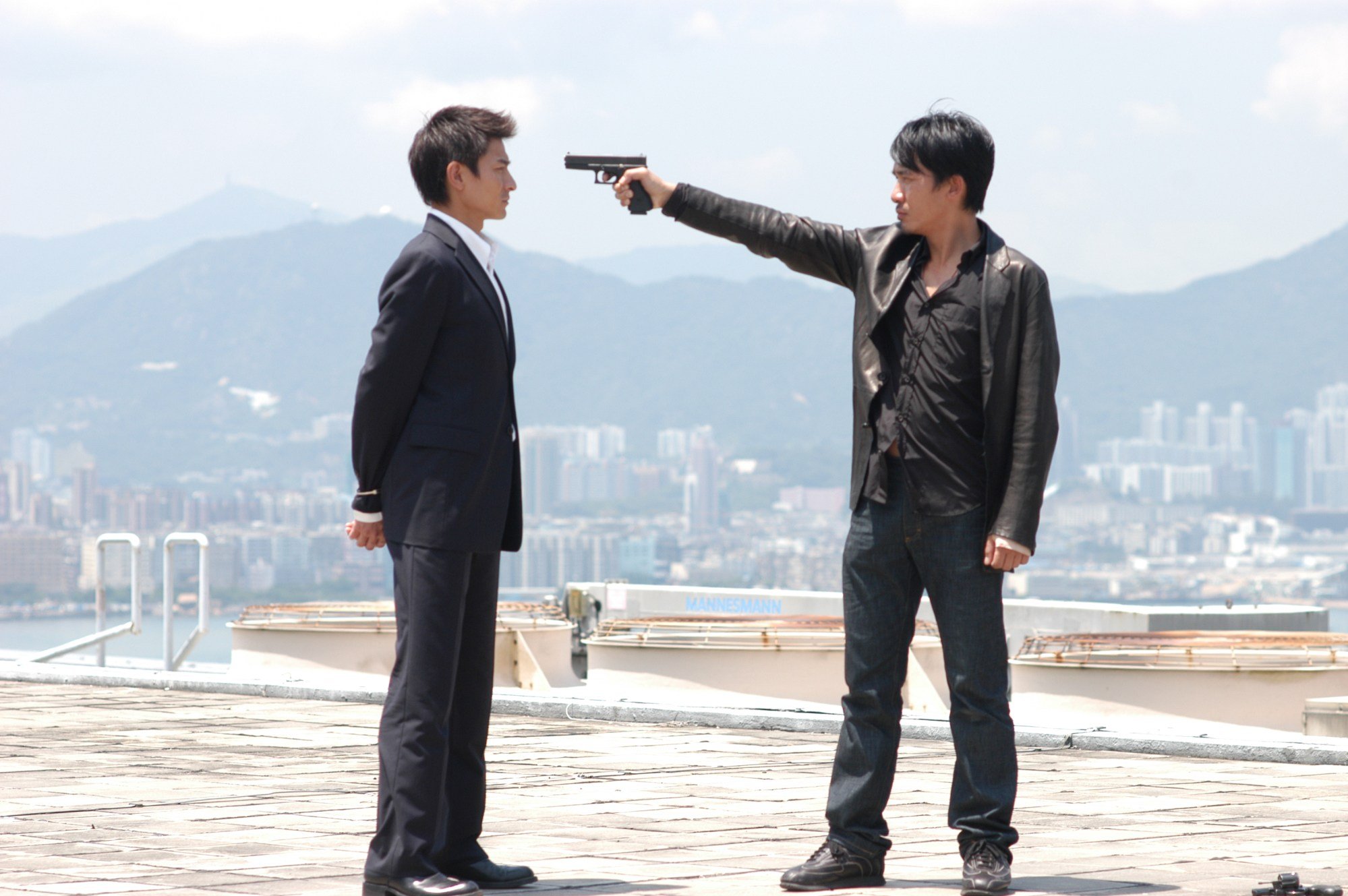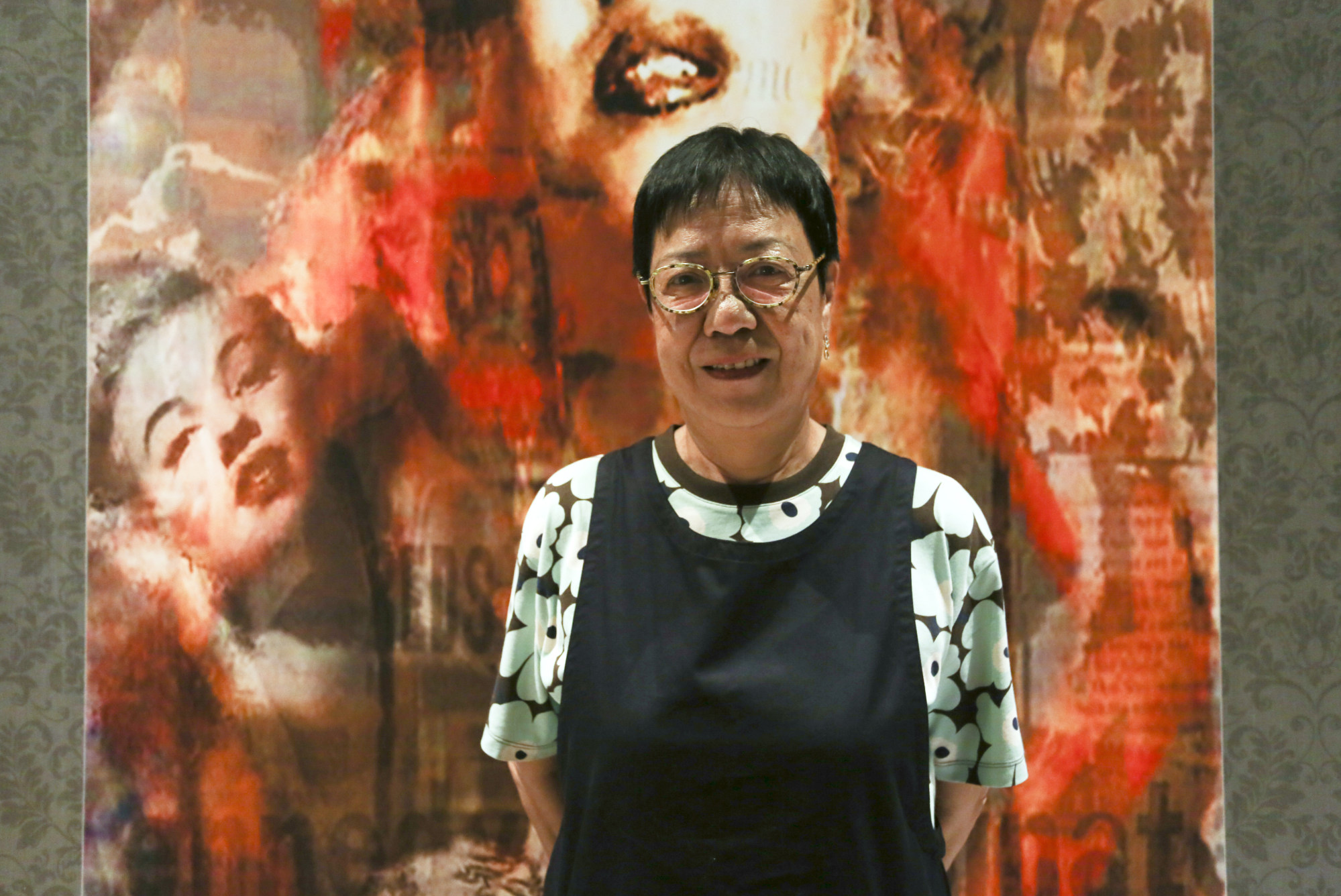
They loved Bruce Lee and Jackie Chan. This scheme will show world a new generation of Hong Kong filmmakers
- Hong Kong cinema is famous for martial arts, crime and gangster films. A new scheme hopes to introduce to the world a new wave of filmmakers from the city
- Many recent Hong Kong films have been aimed at the Chinese market. The idea is that it’s time to show the rest of the world what Hong Kong cinema is capable of
In 1982, having just accepted his Oscar for best screenplay for the film Chariots of Fire, in Los Angeles, Colin Welland famously and impertinently declared, “The British are coming!” (The phrase supposedly originated with American revolutionary hero Paul Revere, almost certainly a myth.)
Dr Wilfred Wong Ying-wai isn’t about to make such a bold claim on behalf of Hong Kong’s filmmakers – although, arguably, he would be entitled to.
As chairman of the Hong Kong Film Development Council (FDC), Wong is at the vanguard of a drive to introduce Hong Kong cinema to the world through the Hong Kong-Europe-Asian Film Collaboration Funding Scheme.
The scheme is an extension of another, the Hong Kong-Asian Film Collaboration Funding Scheme, launched in November 2022 to facilitate co-productions by Hong Kong filmmakers and counterparts elsewhere in Asia.

The Hong Kong-Asian scheme attracted 28 applications; the four productions selected for FDC support, which will each receive US$1.1 million, will be announced this month. (The call for proposals for the Hong Kong-Europe-Asian scheme will begin soon; details can be found at fdc.gov.hk.)
“This is a way of introducing the new generation of moviemakers,” says Wong during a video call from Macau. “We would like our people to see the world. Hong Kong movies are not made just for Hong Kong or China, they should be made with a broader perspective.”
15 highlights from the Hong Kong International Film Festival 2024
Both schemes require the participation of at least one Hong Kong director, producer or screenwriter in a production in collaboration with others from Europe or Asia.
The director, producer or screenwriter must also have been nominated for an award at a Hong Kong or an international film festival, or to have won one.
Although the strategy may be admirable, isn’t this a case of reintroducing Hong Kong cinema to the world? Time was when Shaw Brothers Studio and Golden Harvest were shorthand for the same; and Bruce Lee’s latest film was a guaranteed global smash hit.
“If you look at the different stages of Hong Kong cinema, there was Bruce Lee, then a lot of police stories and in the last 15 years or so there has been a shift in our focus, on China,” says Wong. “There is a lot of co-production with China and a focus on what can sell there.

“We feel that for Hong Kong to continue to develop and introduce our movies to the world, we would like our directors to have a wider vision.
“Hong Kong has this function of being the centre for cultural exchange between East and West, so we hope that with this widening of the scheme, to include Europe, we will pave the way for some of our movie people to go international.”
To that end, Hong Kong has already had boots on the ground, as it were. In February, a delegation from government office Create HK, which works closely with the FDC, accompanied three producers and two directors to the Berlin International Film Festival.
Also in attendance were directors Ann Hui On-wah and Ray Yeung. The collaborative scheme was introduced and, Create HK reported, the interest of numerous European directors and producers piqued.
How will potential filmmaking partners be chosen? And by whom?

“We leave the [selection] initiative to the applicants,” says Wong. “Hong Kong companies wanting to collaborate can identify their own partners. There’s a matching process: if producers, directors or scriptwriters from foreign companies are interested they can match themselves with Hong Kong companies to apply for the scheme.
“Leaving everything to the applicants is the most effective way.”
Public appreciation of the films made with the support of the scheme, which can be shot anywhere in the world, could eventually be coming to a cinema near you, and then a streaming platform.
“We would like the movies to aim for theatrical release, with a minimum number of screenings,” adds Wong. “We hope that will lead to international audiences.”

The government, which over the years has spent billions of dollars to support the Hong Kong film industry, will see no direct return on the money it puts up under the scheme. Any profits will accrue to the successful applicants, Wong says, with their films to be released within about three years.
As for Wong, while his day job as executive vice-chairman of Sands China comes with the not inconsiderable responsibility of running the organisation’s hotels and casinos in Macau, his work – all pro bono – on behalf of Hong Kong filmmakers seems endless.
His chairmanship of the FDC aside, he founded the Asian Film Awards in 2007 and has been chairman of the Asian Film Awards Academy ever since.
He has been chairman of the Hong Kong International Film Festival Society for 20 years and was chairman of the Hong Kong Arts Development Council for 11.
Karena Lam turned to pottery in the pandemic. It’s helped her acting career
“I was lucky, because in every job I had the boss thought it was useful for me to be recognised in the community!” he jokes. “So after 20 years I know most of the people in the movie industry.”
And in addition to “giving the younger generation of moviemakers the right exposure and opportunity in as many ways as possible”, he is impatient to see their ideas take shape.
“We’ve been pushing them,” he says. “You know: start early, don’t wait!”

